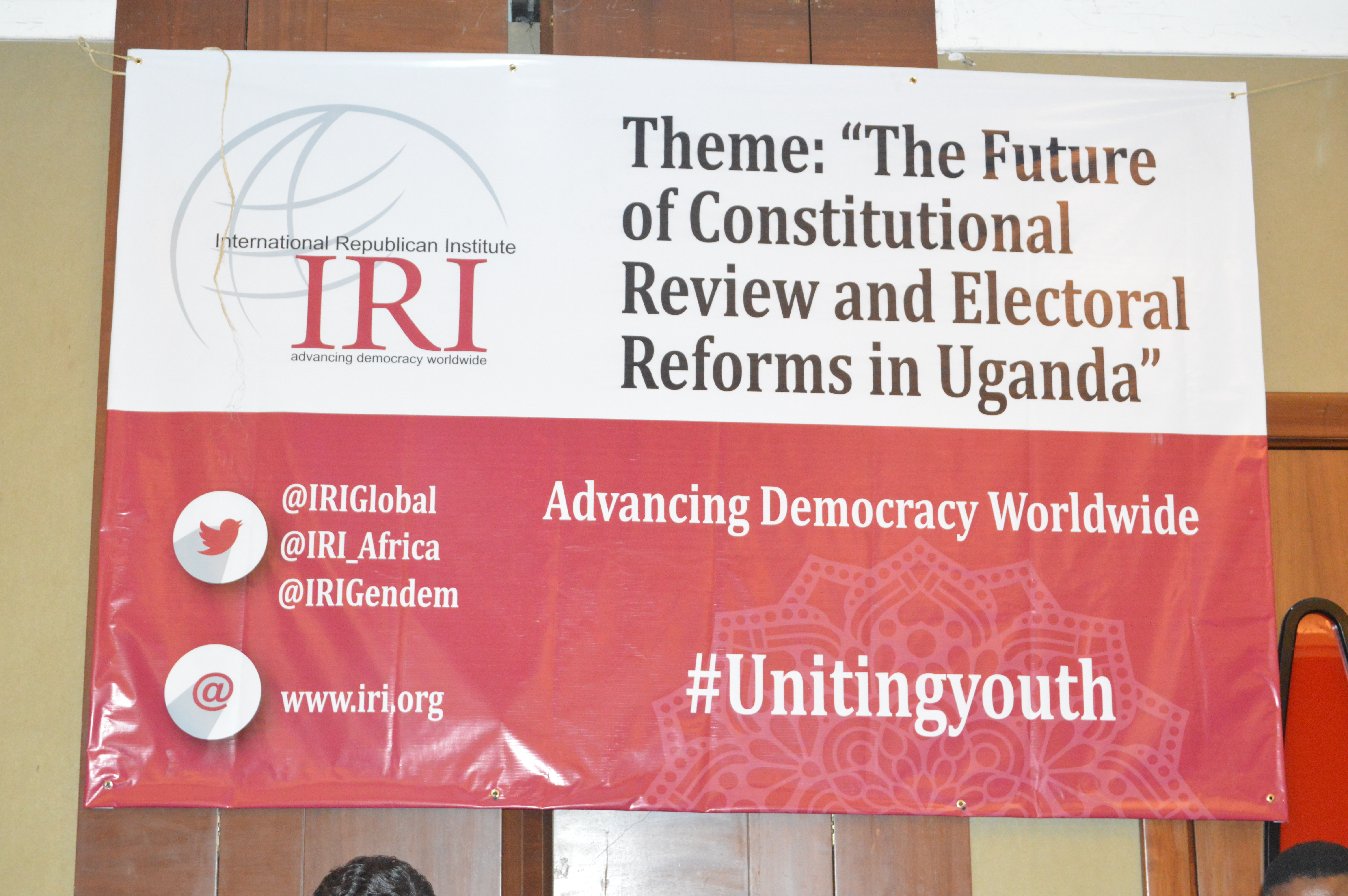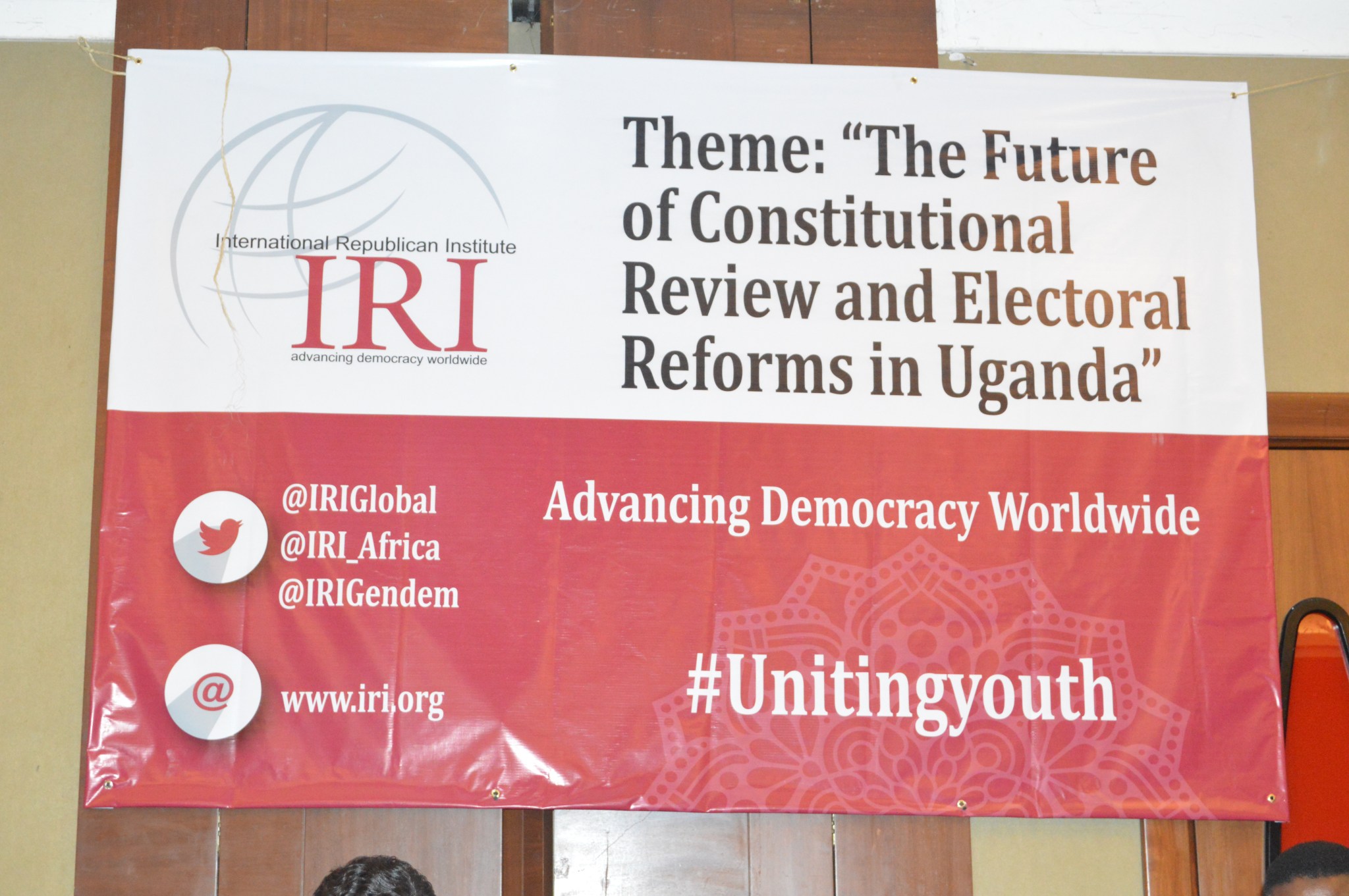In recent weeks Ugandan media has reported several stories on political and electoral reforms to potentially come before parliament later in 2019. Ugandan elections have been consistently marred by procedural irregularities and claims of fraud by the opposition since Uganda’s return to multi-party politics in 2005.
Although genuine reform would be a welcome development, there are other reasons to be circumspect about a reform process due to the ancillary impact the reforms may have on the next election.
In July of last year, the Constitutional Court of Uganda issued a ruling that affirmed that the next general election would occur in 2021. With this target in mind, the Electoral Commission (EC) released a strategic plan for 2021 this past December with three key recommendations.
First, the EC advised that any new districts or local governments be created at least two years before the next election so that the EC has adequate time to prepare. Furthermore, each district requires a budget of 512,977,906 Ugandan shillings (or approximately $137,000) to organize elections, and the creation of new districts has outpaced the growth in appropriations to the EC.
Similarly, inadequate funding has impaired the EC’s ability to hire qualified personnel to work as polling officials, and this problem would be exacerbated if additional districts or local governments were created resulting in the creation of additional polling units.
Finally, the EC said that in order to fulfill their mandate, any changes to the legal framework for elections should be enacted at least two years prior to the election. The first appendix to the strategic plan was a timeline of electoral milestones with the polling period set to begin on January 11, 2021, meaning any changes to districts or the electoral law should have already occurred by January 2019.
By releasing the plan when they did, the EC seemingly pre-empted future criticism of the electoral process by acknowledging that the coming election may not meet stakeholder expectations unless they are appropriated additional funds by the government or if preparations are undermined by changes to the electoral laws or by the creation of new districts. Election observers and opposition parties have regularly raised the issue of the EC’s lack of independence from the government, training provided to polling officials and the capricious creation of new districts. The latter is a preferred patronage tactic of President Museveni’s to reward supporters with presidential appointments to new districts, which in term gives them access to resources and power.
Throughout 2017, IRI supported stakeholders to dialogue and aggregate their views on prospective constitutional reforms, due to widespread anticipation that a bill would – among other things – remove the age-limit provision for the presidency. The final constitutional reform bill, however, narrowly served the interests of President Museveni and the National Resistance Movement MPs supporting him in Parliament. The final legislation adopted by Parliament not only removed the constitutional “age-limit” provision, but also extended the term of current members of Parliament by two years. The July ruling of the Constitutional Court rejected this change while allowing the removal of the age-limit provision to stand, setting up the 2021 election where politicians who supported the age-limit removal will face an electorate two years sooner than they expected and with the knowledge that the electorate overwhelmingly disapproved of the change.
For this reason, additional changes to Uganda’s electoral framework should be viewed circumspectly. Reform legislation that affirms and supports the independence of the EC, protects the rights of opposition candidates, or imposes principles of transparency and accountability on the government and parties would be welcome, but Uganda watchers should also consider how the timing of reform or the changes to the electoral framework could function as a strategic obstruction by the Museveni government to further advance their short-term interests at the expense of stakeholder expectations for democracy.

Top
